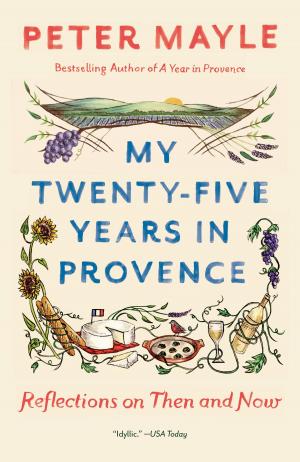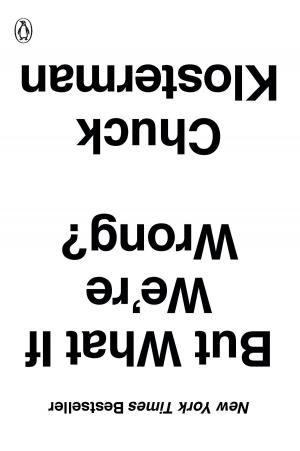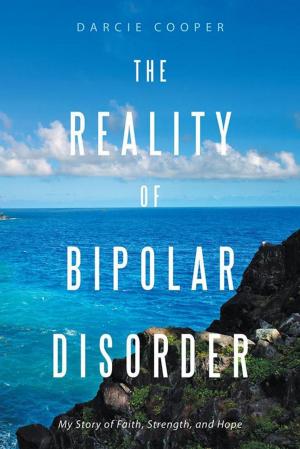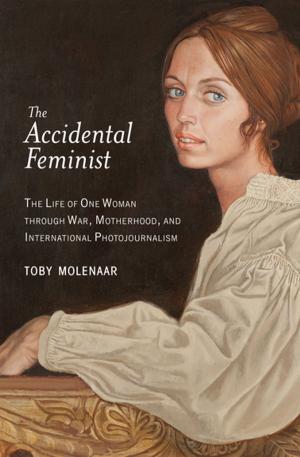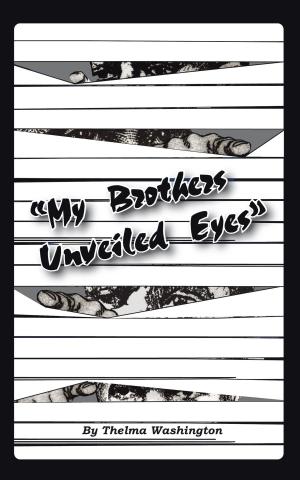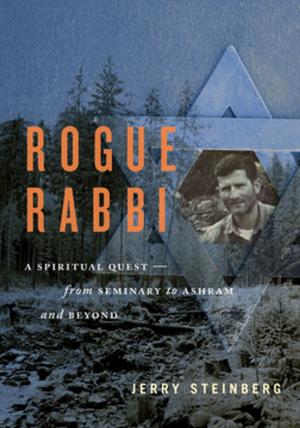Freedom! Escaping The Prison Of The Mind
Nonfiction, Health & Well Being, Health, Healing, Biography & Memoir| Author: | Ozay Rinpoche | ISBN: | 9781310247118 |
| Publisher: | Ozay Rinpoche | Publication: | August 22, 2015 |
| Imprint: | Smashwords Edition | Language: | English |
| Author: | Ozay Rinpoche |
| ISBN: | 9781310247118 |
| Publisher: | Ozay Rinpoche |
| Publication: | August 22, 2015 |
| Imprint: | Smashwords Edition |
| Language: | English |
Whether you are of a religious persuasion or not matters little, because the story has universal appeal in that it is a profound exploration into the human condition - the psyche itself.
On reading this book you might be reminded of William Blake's `Songs of Innocence and Experience'. Childhood innocence is lost through the corrupting forces of experience. However, the potential for redemption exists. The existence and subsequent assault on innocence is poignantly captured by the author through the recollection of incidents in his early life.
One aspect that is central to the author's experiences, and is, in a sense, intricately linked to the notion of innocence and experience, is the emergence of the `ego'. Ozay makes much of this common human trait and illustrates how the need to feed it and swell it, influenced his own thoughts and actions. Ultimately, however, he reaches the inevitable conclusion that it is merely a false prophet, an unreality, an absurd and dubious spectre, which invariably serves to destroy what is real and what is true.
Though I am tempted, I feel I must refrain from enlightening you on specific incidents and experiences featured in this book such as the circumstances that results in Ozay's incarceration. That is for you - the reader to discover.
What I will say however, is this: The author finds himself confronting a lengthy prison sentence. In the solitary confinement of his prison cell he remembers that he is claustrophobic. He is bitter and twisted, consumed with anger and hatred. One can empathise with his predicament. His body and soul is in agony as he paces the cell floor in a figure of eight to relieve tension and to prevent his body from physically shaking. The tortured figure is accompanied in the cell with a copy of the bible, and he recollects an article he once read on meditation. These two things, a copy of the bible and a tiny knowledge of meditation were to transport him through the walls of the prison and on to freedom.
Thus through the process of learning to meditate, an extraordinary inward journey commences. The fruit of this process is achieved only through brutal self-honesty, requiring courage and humility, discipline, and a dogged determination to succeed.
Eventually, and only after great perseverance, Ozay Rinpoche reaches the state of being that most human beings do not experience in this life - true enlightenment. He informs the reader that this is a state of bliss where such human traits as ego and arrogance are surplus to requirements. Therein dwells an unconditional love and understanding for all life and a requirement for only the basic necessities of food, drink and one’s own company to sustain happiness.
I suspect that it is highly unlikely that on reading this book you will become bored or be disappointed. It is simply not the kind of book that one would choose to discard midway through - as I have done on many an occasion.
This book is intriguing, poignant, challenging, and above all, inspirational. It is also, in a sense, tragic; but wry humour is never far away. Ultimately, of course, it is triumphant.
Whether you are of a religious persuasion or not matters little, because the story has universal appeal in that it is a profound exploration into the human condition - the psyche itself.
On reading this book you might be reminded of William Blake's `Songs of Innocence and Experience'. Childhood innocence is lost through the corrupting forces of experience. However, the potential for redemption exists. The existence and subsequent assault on innocence is poignantly captured by the author through the recollection of incidents in his early life.
One aspect that is central to the author's experiences, and is, in a sense, intricately linked to the notion of innocence and experience, is the emergence of the `ego'. Ozay makes much of this common human trait and illustrates how the need to feed it and swell it, influenced his own thoughts and actions. Ultimately, however, he reaches the inevitable conclusion that it is merely a false prophet, an unreality, an absurd and dubious spectre, which invariably serves to destroy what is real and what is true.
Though I am tempted, I feel I must refrain from enlightening you on specific incidents and experiences featured in this book such as the circumstances that results in Ozay's incarceration. That is for you - the reader to discover.
What I will say however, is this: The author finds himself confronting a lengthy prison sentence. In the solitary confinement of his prison cell he remembers that he is claustrophobic. He is bitter and twisted, consumed with anger and hatred. One can empathise with his predicament. His body and soul is in agony as he paces the cell floor in a figure of eight to relieve tension and to prevent his body from physically shaking. The tortured figure is accompanied in the cell with a copy of the bible, and he recollects an article he once read on meditation. These two things, a copy of the bible and a tiny knowledge of meditation were to transport him through the walls of the prison and on to freedom.
Thus through the process of learning to meditate, an extraordinary inward journey commences. The fruit of this process is achieved only through brutal self-honesty, requiring courage and humility, discipline, and a dogged determination to succeed.
Eventually, and only after great perseverance, Ozay Rinpoche reaches the state of being that most human beings do not experience in this life - true enlightenment. He informs the reader that this is a state of bliss where such human traits as ego and arrogance are surplus to requirements. Therein dwells an unconditional love and understanding for all life and a requirement for only the basic necessities of food, drink and one’s own company to sustain happiness.
I suspect that it is highly unlikely that on reading this book you will become bored or be disappointed. It is simply not the kind of book that one would choose to discard midway through - as I have done on many an occasion.
This book is intriguing, poignant, challenging, and above all, inspirational. It is also, in a sense, tragic; but wry humour is never far away. Ultimately, of course, it is triumphant.

